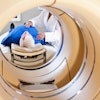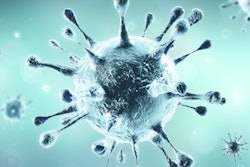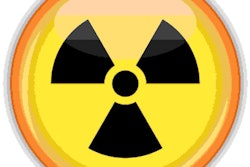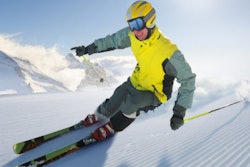Dear AuntMinnieEurope Member,
The resumption of breast screening was never going to be quick and straightforward. Understandably, many women remain anxious about visiting hospitals and clinics during a pandemic, and medical staff have had to adapt to a whole new way of working.
To find out how the process is going, we conducted exclusive interviews with organizers of screening programs in Germany and Sweden. They report that participation rates vary considerably between regions and that examinations are now taking longer. Get the full story in our Women's Imaging Community.
Chest CT classification systems can help clinicians better navigate assessment and diagnosis of patients with suspected COVID-19. Dutch researchers have found that the RSNA's system is reliable and accurate. Check out their findings in the CT Community.
Meanwhile, a team from the University of Cambridge, U.K., has developed 3D cartilage surface mapping, a semiautomated image-analysis technique that creates a 3D model of the knee joint, as well as a "change map" that delineates cartilage changes between MRI exams. Go to the Advanced Visualization Community to read more about this story.
Most radiologists lack knowledge of imaging informatics, but there's a strong will to learn more, according to Peter van Ooijen, PhD, from Groningen, the Netherlands. He's elaborated on how improvements in training can be made. He also explains how the pandemic has led to more data sharing, multicenter image data collection, online data annotation, deep learning, and the building of large repositories.
Dr. Werner Kaiser was a key figure in the early development of breast MRI, so it's a fitting tribute that the lesion classification scheme named after him is gaining acceptance. An Austrian-led group has published new results, and they're worth a look in our MRI Community.



















